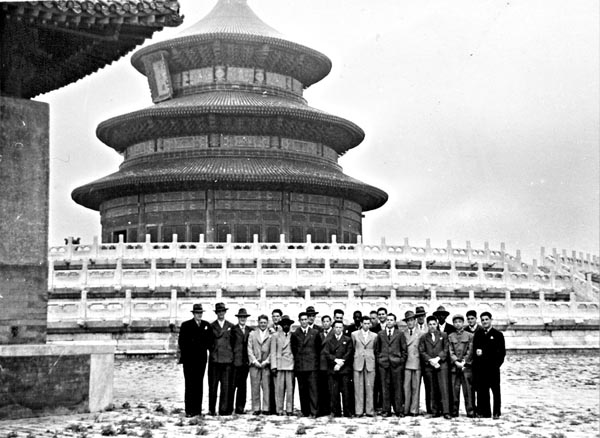

Military life may have lifted Adams from the swamp of his previous existence, but offered little in terms of equality. He traveled with the army to the North, where "Whites Only" signs hung outside restaurants, only to be humiliated when waiters pointedly ignored him, an incident recounted with great indignation in the book.
He was shipped out to Korea and then to Japan. But there was no respite from racism since the military itself was segregated. In the summer of 1950 he was back to Fort Lewis, Washington, to be discharged. That was when President Harry Truman announced the outbreak of the war.
The horror of war dawned on Adams the moment he arrived at the front in Korea in August 1950: fellow soldiers were "blown into bits" amid raining mortars; a guy who a minute ago had prayed for life and suggested that Adams do the same "quietly fell on his side" at "a slight popping sound".
But it was not until the Chinese army crossed the border Yalu River into Korea in October 1950 that Adams started to feel imminent doom. " (They) almost wiped us out," he said. A month later Adams, after having been on a desperate run with a fellow black soldier, was captured by a Chinese soldier "staring down at us" from outside their hiding ditch.